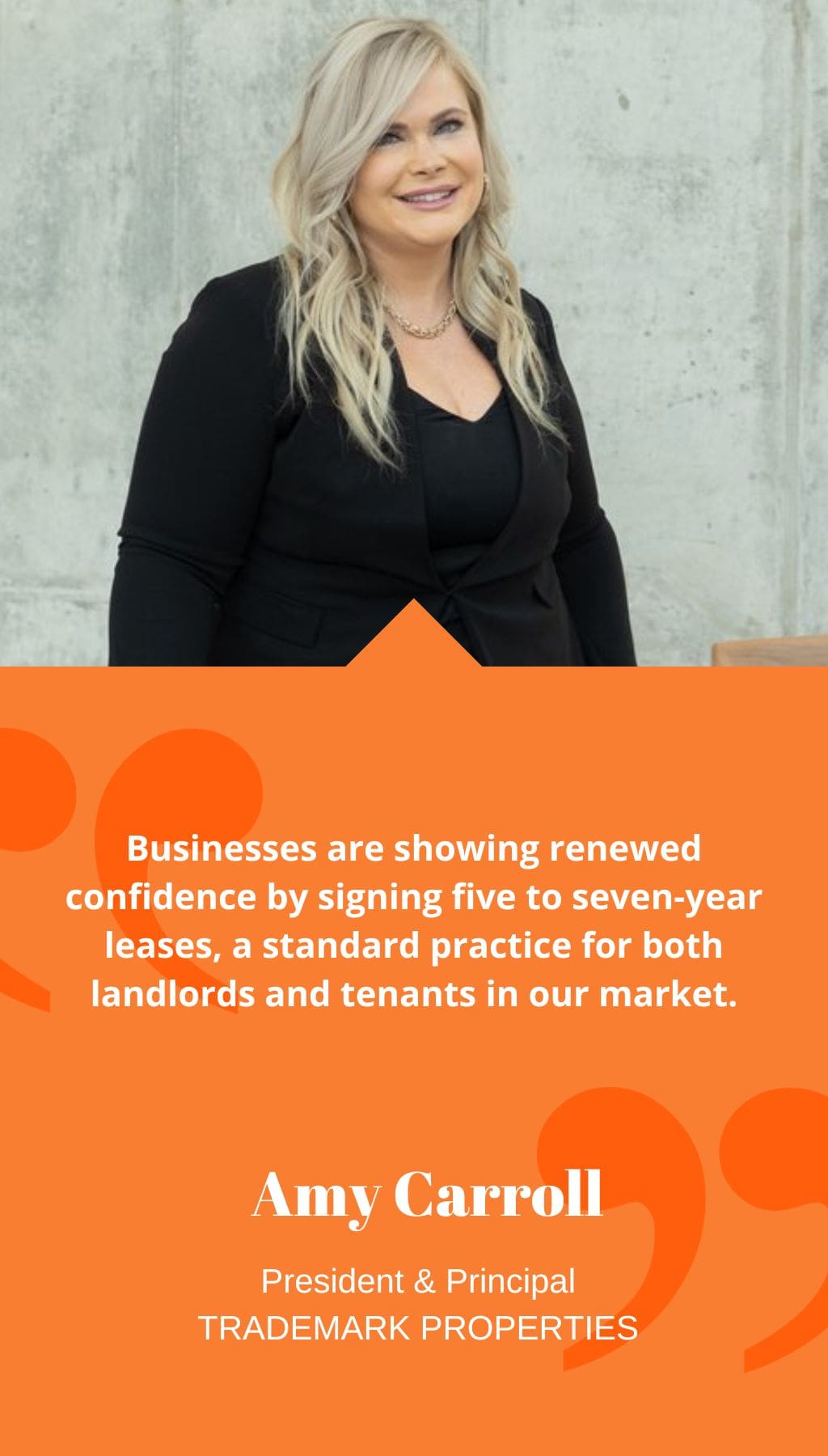
- USA | 16 August 2020

What is your take on the strength of Raleigh’s commercial real estate market?
It’s been quite a journey. The COVID-19 hiatus between March and July significantly impacted activity, but things gradually picked up in Q3 as people sought more certainty. Raleigh, fortunately, appears relatively insulated from the worst of COVID’s impact. We’re not heavily reliant on mass transit or tourism, which has helped maintain market resilience. The talent pool remains robust, and both our housing and commercial real estate markets continue to attract investment interest. A recent deal we closed received an overwhelming response, with 30 offers on just two flex buildings, showcasing the competitiveness and strength of the local market. The increased sales volume in Wake County in December 2020 compared to the previous year further underscores this resurgence.
How would you characterize the future of office space?
Last year, many companies hesitated to commit to multiyear leases due to uncertainties. However, this year, we’re witnessing a return of confidence, likely tied to the efficiency of vaccine distribution. Businesses are showing renewed confidence by signing five to seven-year leases, a standard practice for both landlords and tenants in our market.
What are some prevalent challenges within the commercial real estate space?
Repurposing vacant or underutilized retail spaces is becoming crucial. The shift to online services during COVID has severely affected service-oriented and entertainment venues. In the past year, the number of retailers going bankrupt surpassed figures from 2007-2008, indicating a substantial shift. Instead of replacing big box retailers, we’re exploring adaptive reuse options, transforming these spaces into concepts like walk-in clinics. COVID is fundamentally reshaping the retail landscape.














